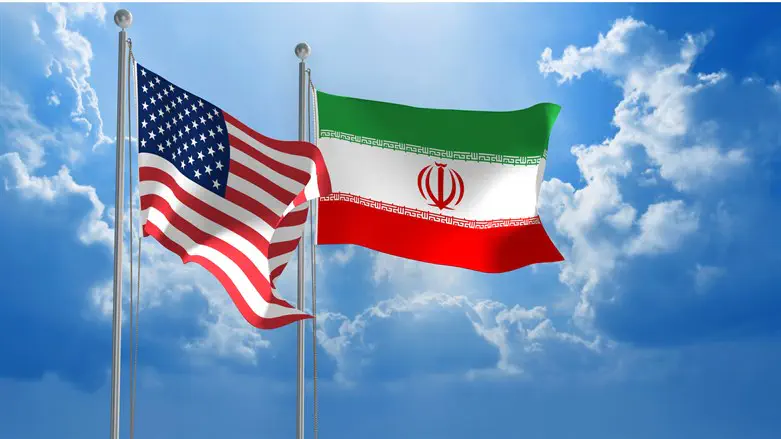
Diplomatic tensions between the United States and Iran surged on Thursday, just days before pivotal nuclear discussions set to take place in Oman.
The sharp exchange of warnings followed President Donald Trump's assertion that military action remains a viable option should diplomatic efforts fall short.
Trump told reporters on Wednesday that, if military action is required to thwart Iran’s nuclear program, Israel will be involved and even lead the effort.
Asked what his deadline would be for Iran to reach a deal, the President replied, “I can’t really be specific, but when you start talks, you know if they’re going along well or not, and I would say the conclusion would be when I think they’re not going along well."
Iran responded with a stern warning on Thursday, suggesting it could eject United Nations nuclear inspectors from the country if what it called “external threats” persist.
Rear Admiral Ali Shamkhani, a top aide to Iran’s Supreme Leader Ayatollah Ali Khamenei, signaled the possibility of drastic countermeasures if the upcoming talks do not yield favorable results for Tehran.
"The continuation of external threats and Iran being in a state of military attack may lead to deterrent measures, including expulsion of inspectors from the International Atomic Energy Agency and cessation of cooperation," Shamkhani wrote on X.
"Transfer of enriched materials to secure locations may also be considered," he added, referring to Iran’s uranium enrichment facilities.
In Washington, the State Department expressed alarm at Iran’s warnings, cautioning Tehran against undermining efforts toward a diplomatic solution.
"The threat of that kind of action, of course, is inconsistent with Iran's claims of a peaceful nuclear program," said State Department spokeswoman Tammy Bruce. "Also, expelling IAEA inspectors from Iran would be an escalation and a miscalculation on Iran's part."
The back-and-forth comes ahead of a meeting in Muscat on Saturday attended by American and Iranian representatives.
Despite Trump’s claims that the talks would be direct, Iranian officials said the encounter would involve indirect engagement rather than face-to-face talks.
The backdrop to the current standoff includes a letter President Trump sent last month to Khamenei, proposing direct engagement while simultaneously warning that the use of force remains on the table, an offer which was rejected by Khamenei.
Trump then warned that “bad things” would happen to Iran if it does not agree to a deal on its nuclear program.
Later, the President warned Iran that "if they don't make a deal, there will be bombing — and it will be bombing the likes of which they have never seen before."

